Amending the law aims to improve the quality of media organizations.
Agreeing with the comprehensive nature of this revision of the Press Law, National Assembly Deputy Trinh Xuan An particularly emphasized the deep connection between the press and the activities of the National Assembly. However, the deputy also pointed out many issues that need to be reviewed, from the classification of the press to the economic operating mechanism.
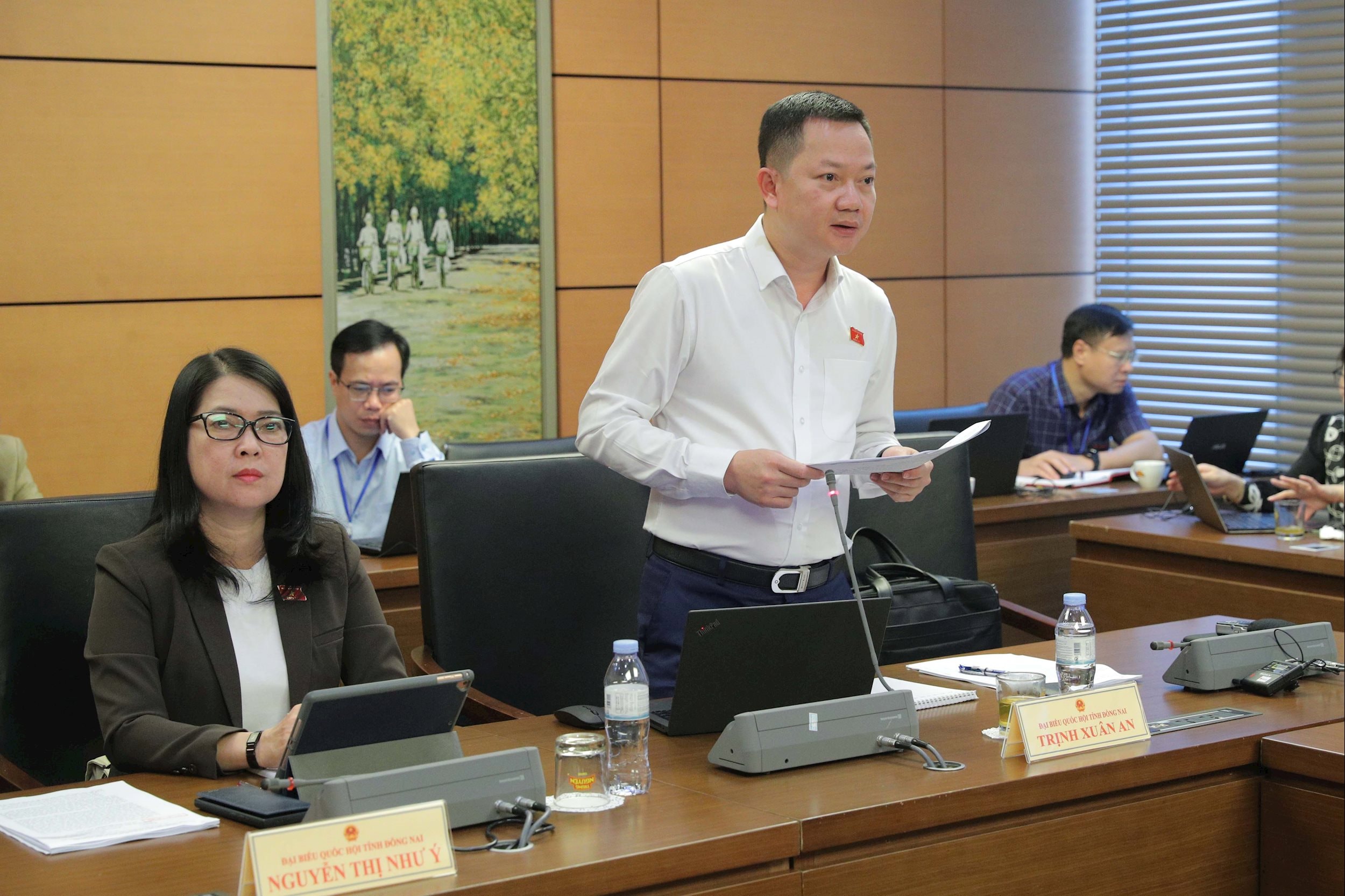
Representative Trinh Xuan An argued that, after the restructuring process, many media outlets have strengthened their capabilities, therefore, amending the law should aim to improve the quality of media outlets in the future.
Regarding the classification of media, National Assembly Deputy Trinh Xuan An commented that the draft classifies print, television, radio, and online media, but "there is no clear indication of the purpose of this classification," leading to the risk of inefficiency in management. The Deputy suggested that a very clear classification is needed to ensure appropriateness and meet management requirements.
In particular, for media conglomerates and multi-media agency models, the concept needs further clarification and should be separated into a distinct law to provide specific support mechanisms, the delegate suggested.
Regarding the economics of journalism, delegates emphasized that this is a task that runs parallel to political tasks. However, regulations on revenue sources for media organizations are currently too general, causing difficulties for these organizations. Delegates argued that stronger investment is needed for media organizations, especially key media outlets, so that they can survive, thrive, and operate smoothly.
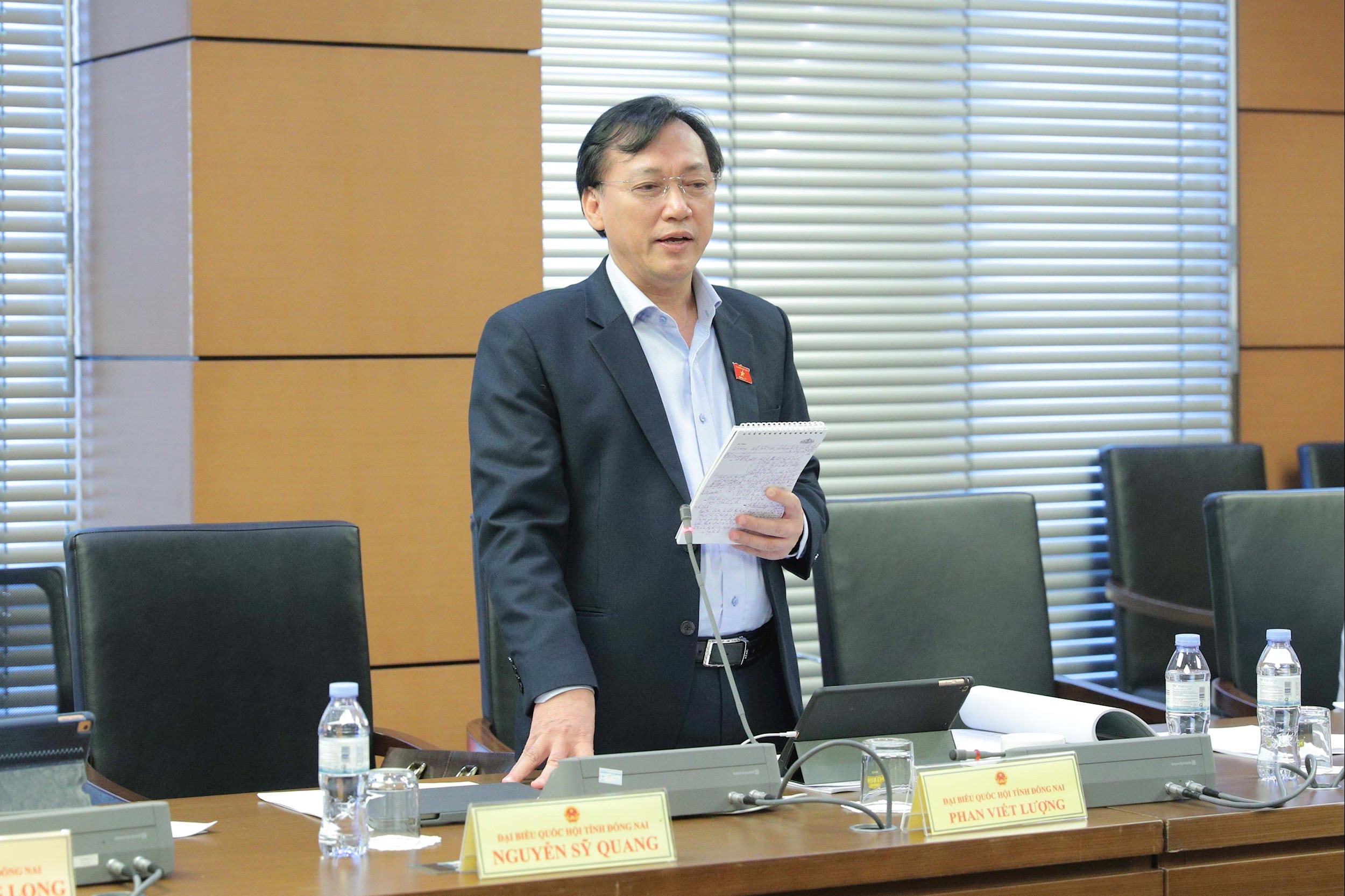
Agreeing with the above viewpoint, National Assembly Deputy Phan Viet Luong also emphasized that there will only be 6 major media outlets remaining. Accordingly, for media outlets in general, and major media outlets in particular, to operate effectively and truly as revolutionary journalism (carrying out both political tasks and ensuring economic viability), the state needs to invest heavily and have special investment mechanisms so that these outlets do not become overly dependent on advertising revenue. "If the press becomes dependent on advertising, it will affect its direction and give rise to many other problems," the deputy stressed.
There is a need to clearly define the principles, criteria, and professional ethical standards for the use of AI in journalism.
Regarding the powers and responsibilities of the press management agency (point b, clause 1, Article 15 of the draft Law), it stipulates that: “the appointment and reappointment of the head and deputy head of a press agency, or the assignment of a person to perform the duties of the head of a press agency” must have the written consent of the Ministry of Culture, Sports and Tourism. National Assembly Deputy Luu Ba Mac (Lang Son) argued that this regulation is rather formalistic and not in line with reality. This is because the personnel of local press agencies are directly managed, evaluated, and considered by the local authorities based on standards, capabilities, and reputation. Meanwhile, the Ministry of Culture, Sports and Tourism does not directly manage these personnel, so requiring the Ministry's consent is both time-consuming and procedural, and could even lead to corruption.
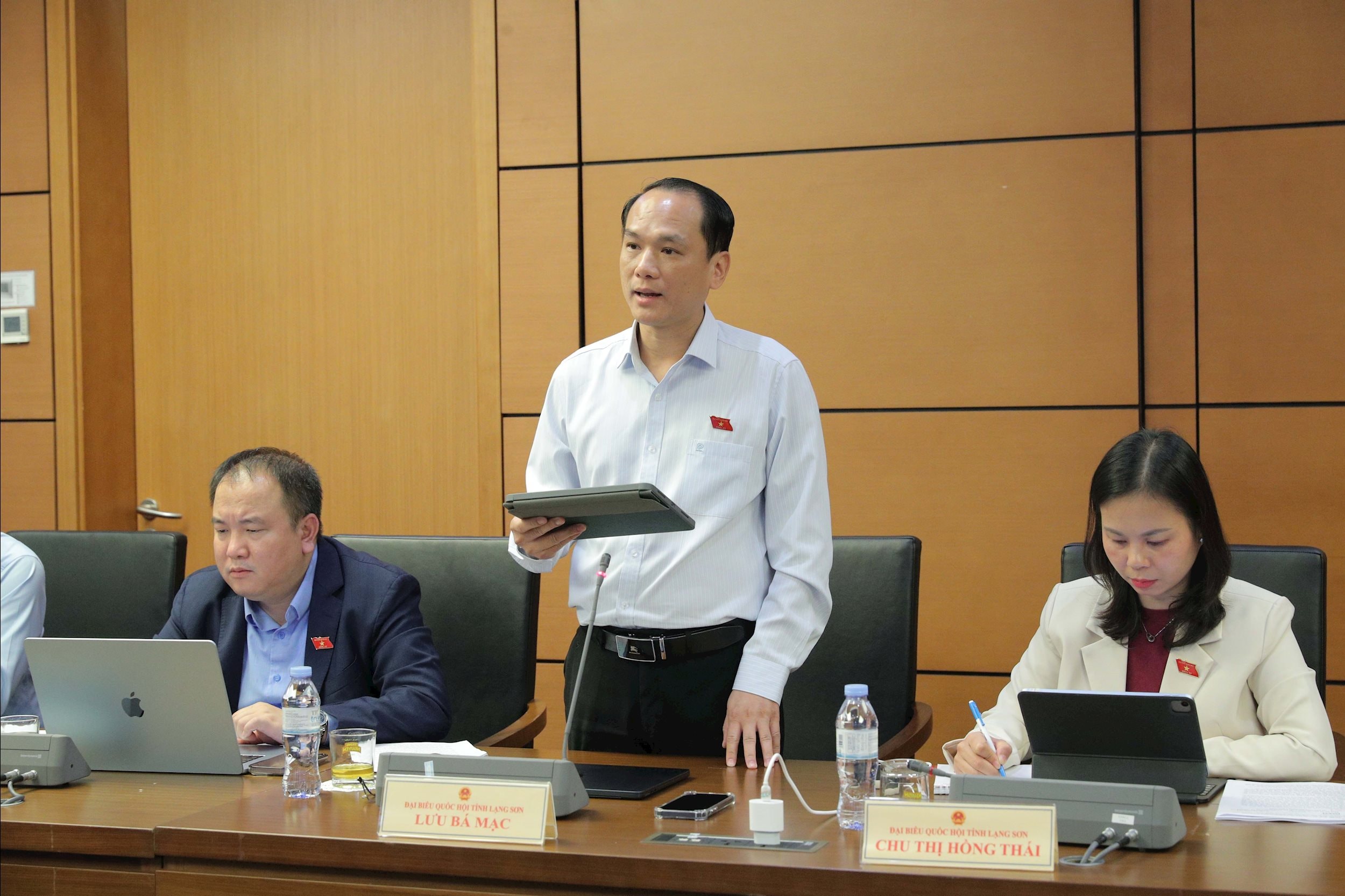
Therefore, the delegates suggested that the drafting agency consider decentralizing power more strongly to local authorities, allowing local press agencies to proactively make appointments and reappointments without needing to seek the Ministry's approval.
Regarding the rights and obligations of journalists (Clause c, Point 2, Article 28), the draft Law states that journalists are allowed to visit agencies and organizations to carry out their work and only need to present their journalist's card. In this case, the agencies and organizations are responsible for providing information and documents that do not fall within the scope of state secrets, private secrets, or other secrets as stipulated. However, the representative argued that this regulation is quite broad and could lead to journalists exploiting and requesting information beyond the principles and objectives of the media organization where they work, potentially leading to abuse of power. Therefore, it is suggested that the drafting agency consider adding a clearer regulation in Clause 2, Article 32, allowing competent agencies, organizations, and individuals to refuse to provide information if the content is not related to the licensed principles and objectives of the media organization where the journalist works.
Regarding electronic journalism and the use of artificial intelligence (AI) in journalistic activities, some delegates argued that the current draft Law lacks specific regulations on this matter, while in reality, the application of AI in news production, editing, and distribution is becoming increasingly common. Therefore, they suggested that the drafting agency consider adding specific content on the application of artificial intelligence technology in journalistic activities, clearly defining the principles, criteria, and professional ethical standards when using AI technology in journalism. They also proposed adding a provision to Clause 2, Article 9 prohibiting the publication or dissemination of AI-generated content intended to falsify, distort, defame, or infringe on the privacy rights of organizations or individuals.
Source: https://daibieunhandan.vn/can-dau-tu-manh-hon-cho-co-quan-bao-chi-nhat-la-co-quan-bao-chi-chu-luc-10392680.html








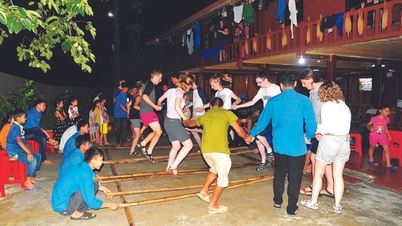





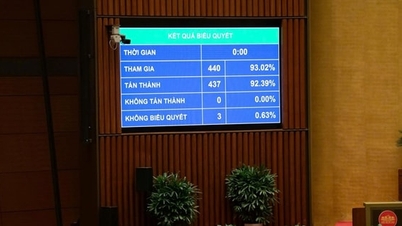


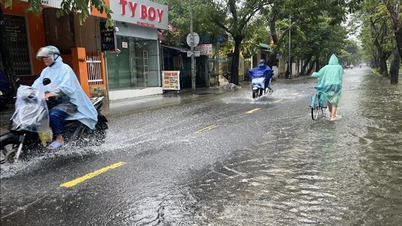
![[Video] National Assembly passes the amended Civil Servant Law with 92.39% of delegates voting in favor](https://vphoto.vietnam.vn/thumb/402x226/vietnam/resource/IMAGE/2025/12/10/1765379039932_1-6690-3945-png.webp)

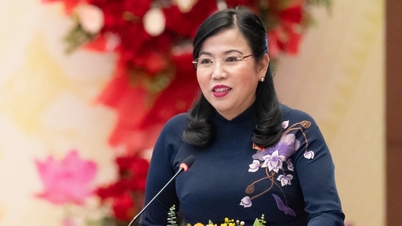


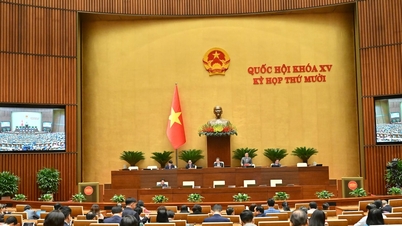
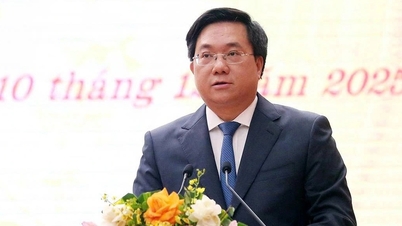
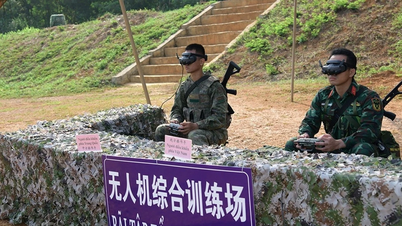






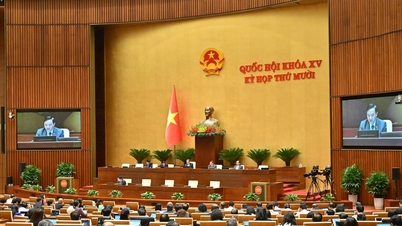
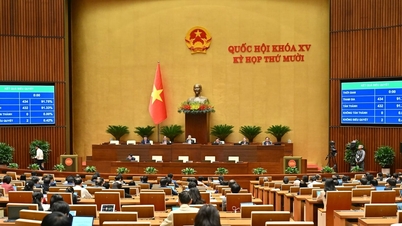
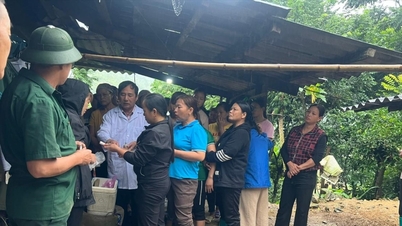
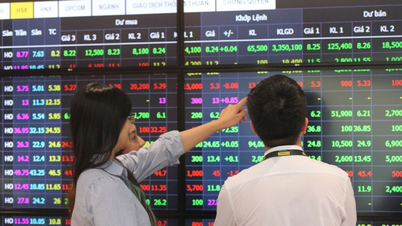






![[Video] The craft of making Dong Ho folk paintings has been inscribed by UNESCO on the List of Crafts in Need of Urgent Safeguarding.](https://vphoto.vietnam.vn/thumb/402x226/vietnam/resource/IMAGE/2025/12/10/1765350246533_tranh-dong-ho-734-jpg.webp)





























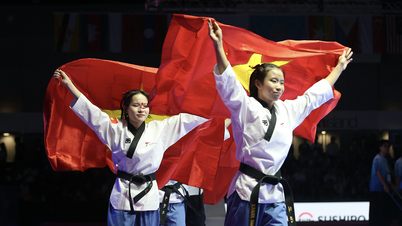


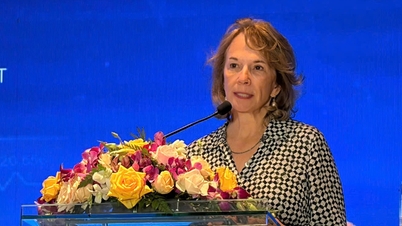


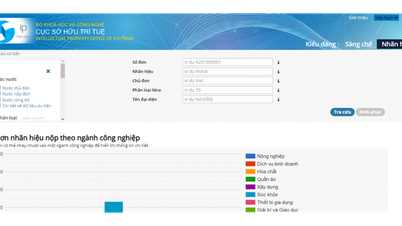
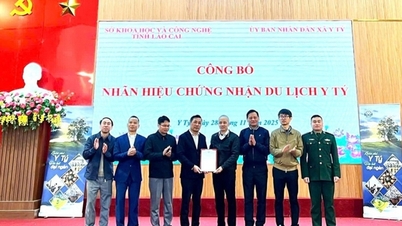
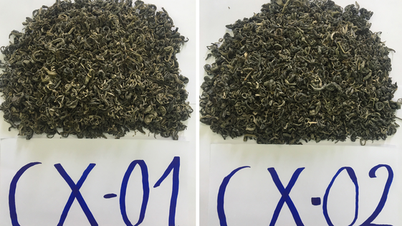

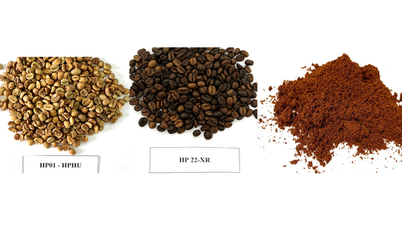
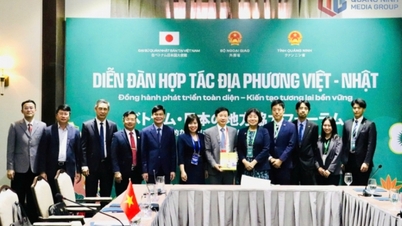

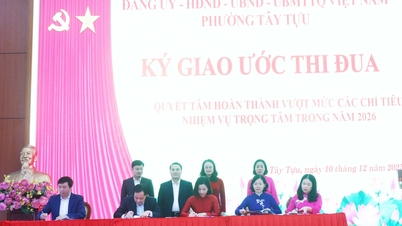
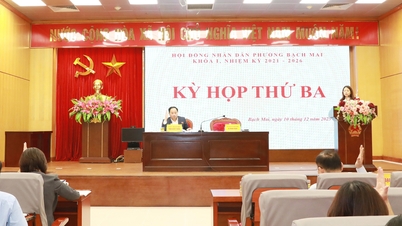
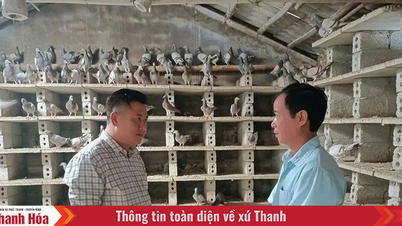

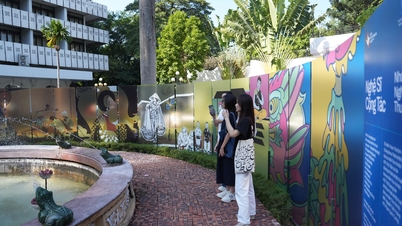

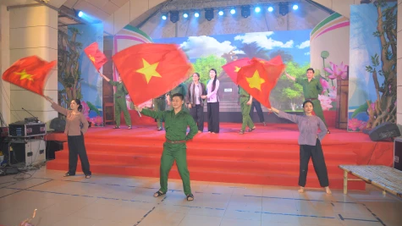


















Comment (0)